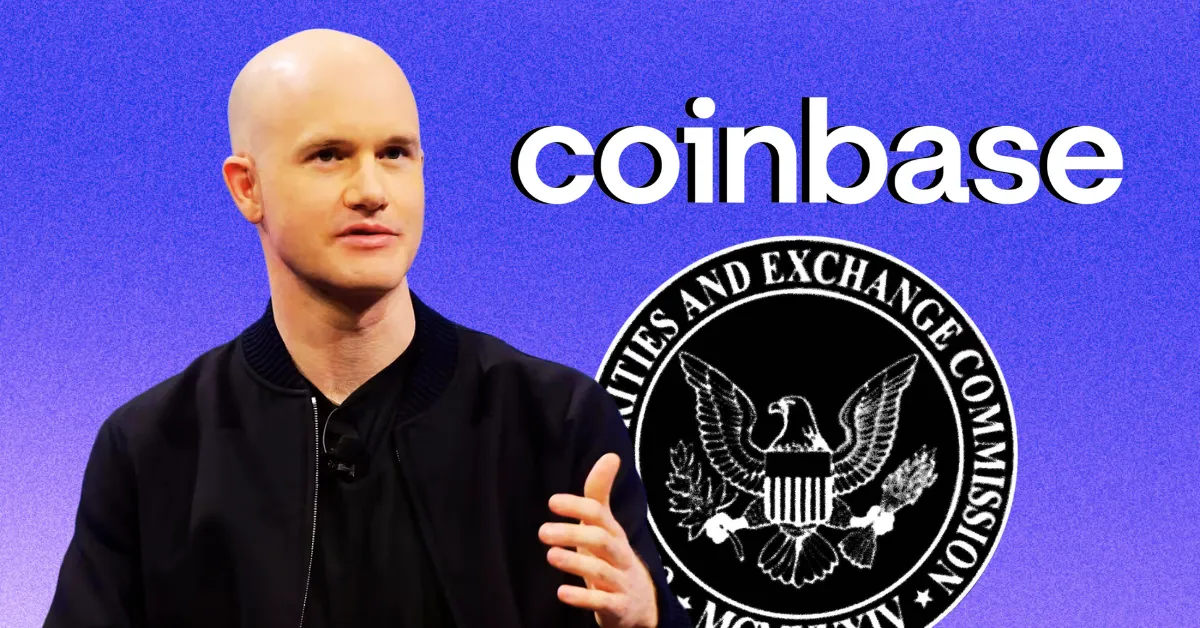
The Federal Deposit Insurance Corporation (FDIC) has come under fire following its decision to heavily redact documents requested by Coinbase, a leading cryptocurrency exchange. This move has raised eyebrows and fueled suspicions that the FDIC may be concealing crucial information regarding the government’s actions against the burgeoning crypto industry.
Judge Criticizes FDIC’s Approach
On December 12, 2023, Judge Ana C. Reyes expressed her dissatisfaction with the FDIC’s failure to comply with a court order, accusing the agency of a lack of transparency. Coinbase had raised concerns that the extensive redactions rendered it nearly impossible to decipher the FDIC’s stance on the government’s actions against cryptocurrencies. This prompted Judge Reyes to rule against the FDIC, indicating that the agency was not forthright with the court.
Coinbase’s Quest for Clarity
Paul Grewal, Chief Legal Officer at Coinbase, took to social media to voice his frustration, questioning, “What is the FDIC working so hard to hide?” He emphasized that the extensive redactions suggested an attempt by the agency to obscure important information. This legal battle highlights a broader issue within the crypto community, with many perceiving government actions as part of a larger effort to hinder innovation in the crypto sector.
Implications for Crypto Regulations
The ongoing case carries significant implications for the future of cryptocurrency regulation in the United States. Many industry observers believe it is linked to a government initiative known as “Operation Choke Point 2.0,” which critics argue is designed to restrict crypto businesses. However, with impending leadership changes in the U.S. government, there is hope for a more favorable environment for crypto innovation.
The recent election of Donald Trump signals a potential shift in direction for the crypto industry. Additionally, the resignations of SEC Chair Gary Gensler and FDIC Chair Martin Gruenberg have paved the way for new leadership. Paul Atkin, a pro-crypto advocate, is set to succeed Gruenberg, and Brian Quintenz, known for his crypto-friendly stance, is a contender to lead the Commodity Futures Trading Commission (CFTC).
This evolving landscape is further underscored by ongoing legal battles, such as the Coinbase and Ripple vs. SEC case, which could set a precedent for fair and transparent judgments. The outcome may lead to reduced government interference and the establishment of more concrete regulations, providing a clearer framework for the crypto space.
In conclusion, the FDIC’s decision to heavily redact documents requested by Coinbase has sparked significant controversy and raised important questions about transparency and the future of crypto regulation in the United States. As leadership changes take effect, the crypto community remains hopeful for a more balanced and supportive regulatory environment.






